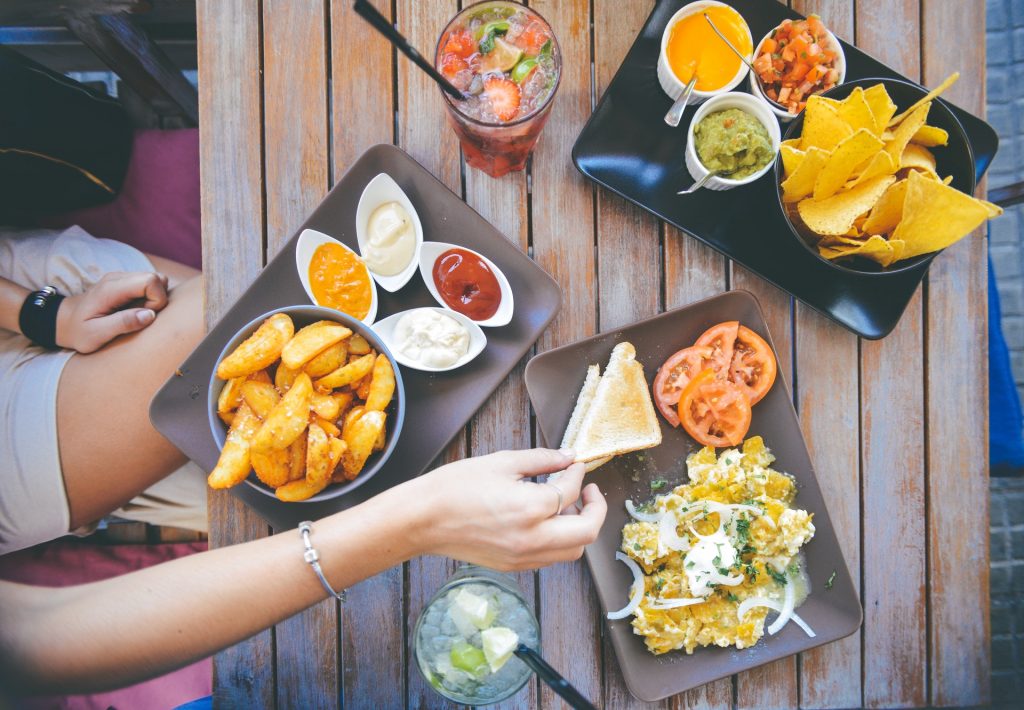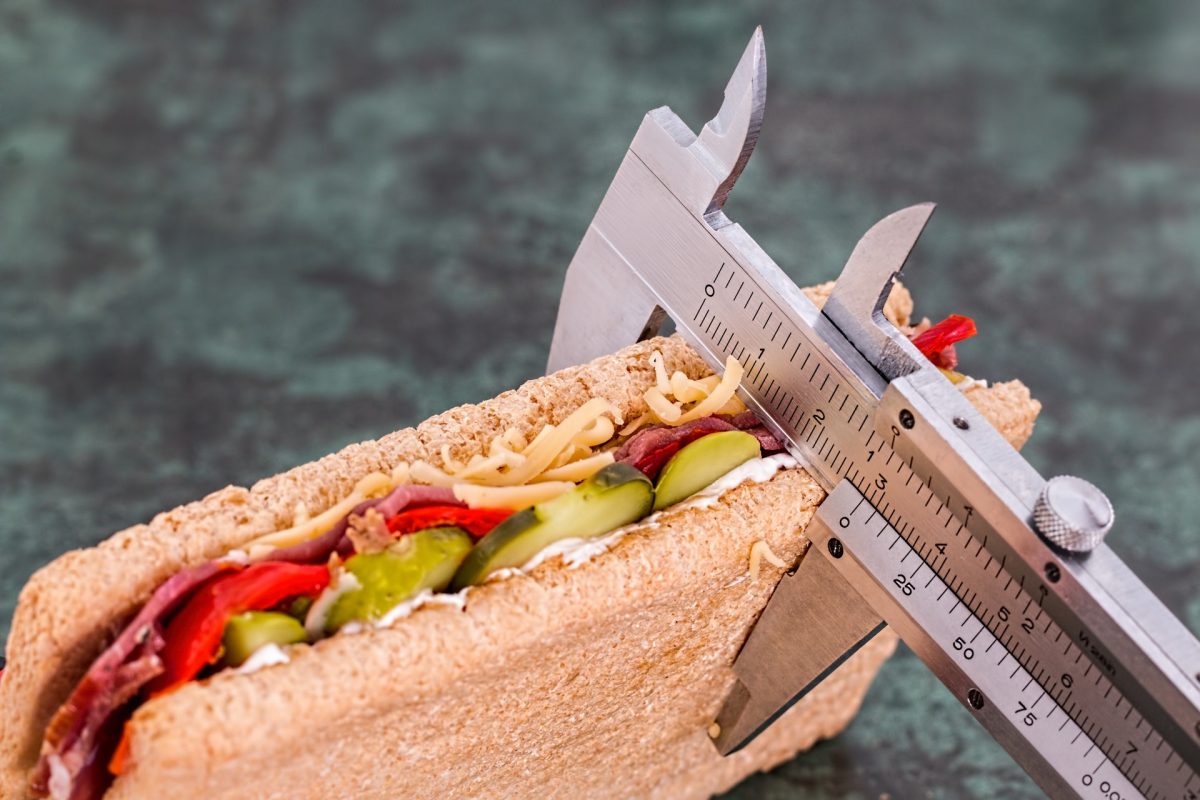Science is something that you will find everywhere, even when you eat your food. Therefore, do not be surprised when it is said that science meets snacks as well. According to it, it not just what you eat that is important but it is equally important to take a note of when you eat your food, snacks or a meal.
Consider your breakfast first. Science says, according to the food you have in your breakfast, you should plan your foods and eat smaller meals in the day. Why? Science says that when you have a healthy breakfast it will kick off your metabolism. In order to balance it up, you need to eat small throughout the day but it should comprise of healthy food items as well as the meals should be spaced strategically. This will keep up your energy all day.
According to science, you should also avoid eating late dinners. According to the scientists, you should try and eat your dinner earlier. Ideally, they suggest that you should fast for at least 14 to 16 hours until you have your breakfast the next morning!
Several studies are conducted that suggests that eating when you are most active will only help your digestive system to get a long break every day. This will, in turn, help you to regulate your weight.
Importance of fruit and vegetables
When you order for home snacks make sure that you focus on ordering more of fruits and vegetables. Once again according to science fruits and vegetables are good things to include in your diet list because these are:
- Low in calories
- High in nutrient content
- Packed with vitamins
- Has lots of minerals
- Contains a lot of antioxidants and
- There are lots of fibers.
However, make sure that you stick to the recommended daily amounts of these fruits and vegetables. Ideally, you should include at least five servings of different fruit and vegetables. This will help you to fill you up and at the same time, it will help you to cut back on your unhealthy food habits.
In your intake of fruits and vegetables, you should include a serving of half a cup of raw fruit or vegetable that may include a small apple or a banana as for example. In fact, if you want to make the best of your fruit and vegetable intake you must take double the amount that you take currently. In order to increase your intake you should:
- Add berries that are rich in antioxidants to your favorite cereal in your breakfast
- Eat a mix of a sweet fruit such as oranges, apples, mangos, grapes, and pineapples for dessert and
- Swap the usual amount of rice or pasta and include a side dish such as a colorful salad.
However, do not ever rely on eating processed snack foods. Instead of these, you should focus on snacking on different vegetables such as carrots, cherry tomatoes, and snow peas. You may combine these veggies with a spicy hummus dip or even plain peanut butter.
Making the vegetables tasty
There are several useful, effective and scientific ways in which you can make even the most boring and common vegetables and plain salads most tasty. Especially when you consume steamed veggies it can become very bland in taste very quickly but there are plenty of ways in which you can add to the blandest and ordinary vegetable dishes. A few of the scientific and healthy ways to make vegetables tastier include:
- Adding color: You should focus more on the colors of the vegetables. Why? Do you think that it will make your dish look more attractive and palatable? No. science says that colored vegetables will not only make a dish brighter and deeper but it will contain high concentrations of minerals, vitamins, and antioxidants. It will also make a difference in the flavor of the dish apart from making it more visually appealing. Therefore, add color to your palate using fresh or even sundried tomatoes, beets, glazed carrots, roasted red cabbage wedges, and yellow squash. You can also use sweet and colorful peppers for that matter.
- Dress the salad: Liven up the salad greens using more ingredients apart from the most common lettuce. You can consider other ingredients such as kale, arugula, spinach, and broccoli or mustard greens, and Chinese cabbage as well. All these are loaded with useful nutrients. If you add these to your salad greens it will not only enhance the flavor but will also increase the nutrient quotient of it. You can be creative in this matter and add a drizzle of olive oil to make it a spicier dressing. You may even consider sprinkling almond slices, a little bacon, chickpeas, parmesan or goat cheese to make it even tastier.
No matter whatever you do, you should focus on your taste and preference but most importantly you should satisfy your sweet tooth if needed. There are lots of naturally sweet vegetables that you can add to your dishes such as beets, carrots, sweet potatoes, onions, yams, squash and bell peppers.
All these will add sweetness to your dish and at the same time, it will also help you to reduce the cravings for added sugar. Make it a point that you add it up to the soups and stews and even to your pasta and sauces to have a satisfying and within the limit sweet kick!

Planning for quick and easy meals
Science also says that if you have easy and quick meals it will help you to reduce your cravings. Therefore you should focus more on items such as green beans, Brussels sprouts, broccoli, and asparagus and cook them in new ways. How? Instead of boiling or steaming these healthy vegetables you should try roasting, grilling, and even pan-frying them. Add a few chili flakes to it if you want to spice it up along with garlic, mushrooms, shallots, or onion. Marinate these with lime or tangy lemon before cooking for that extra kick.
In short, snacking is all about science, a strategic plan, and your diligence, if you want to stay healthy in and till the end.




